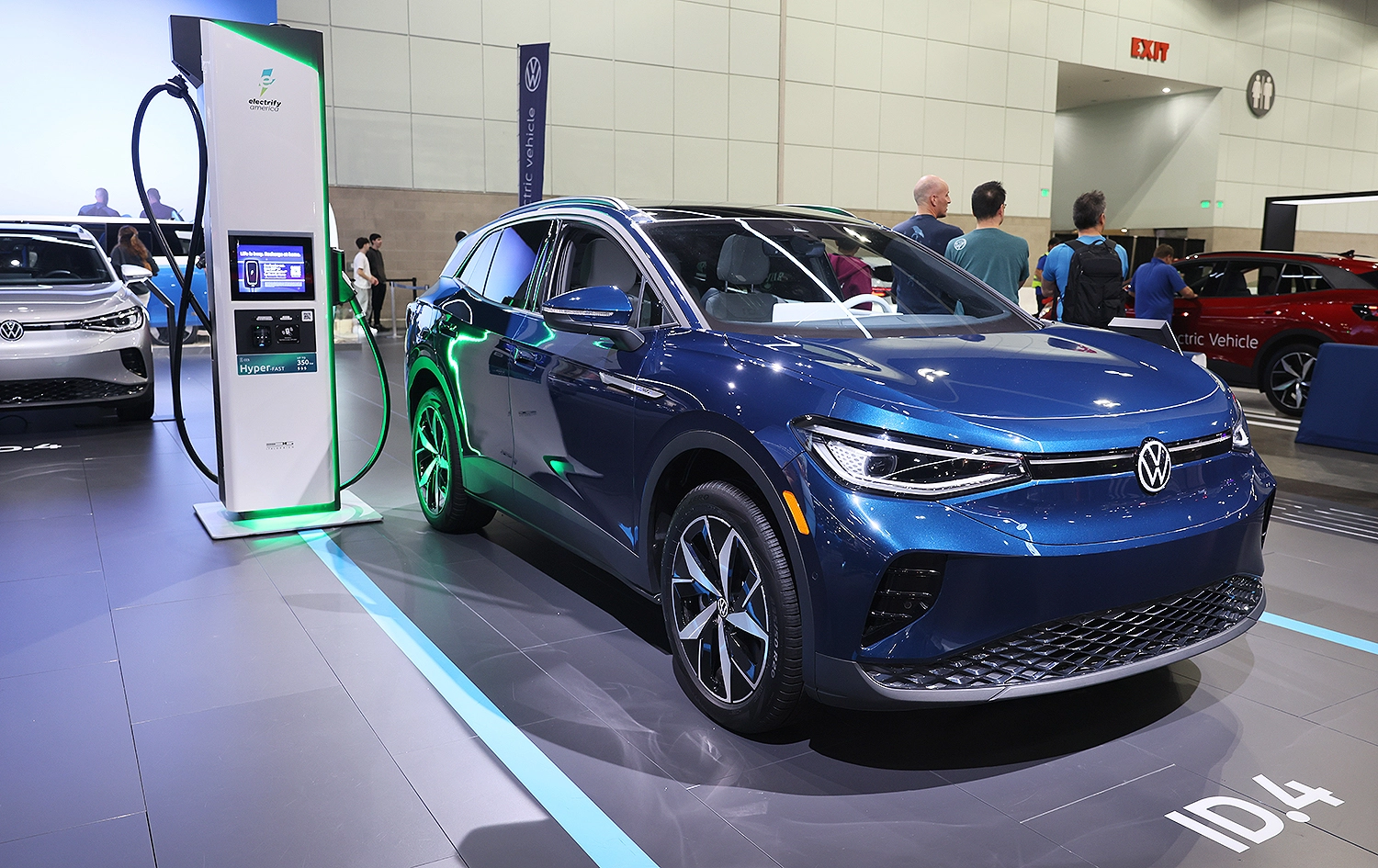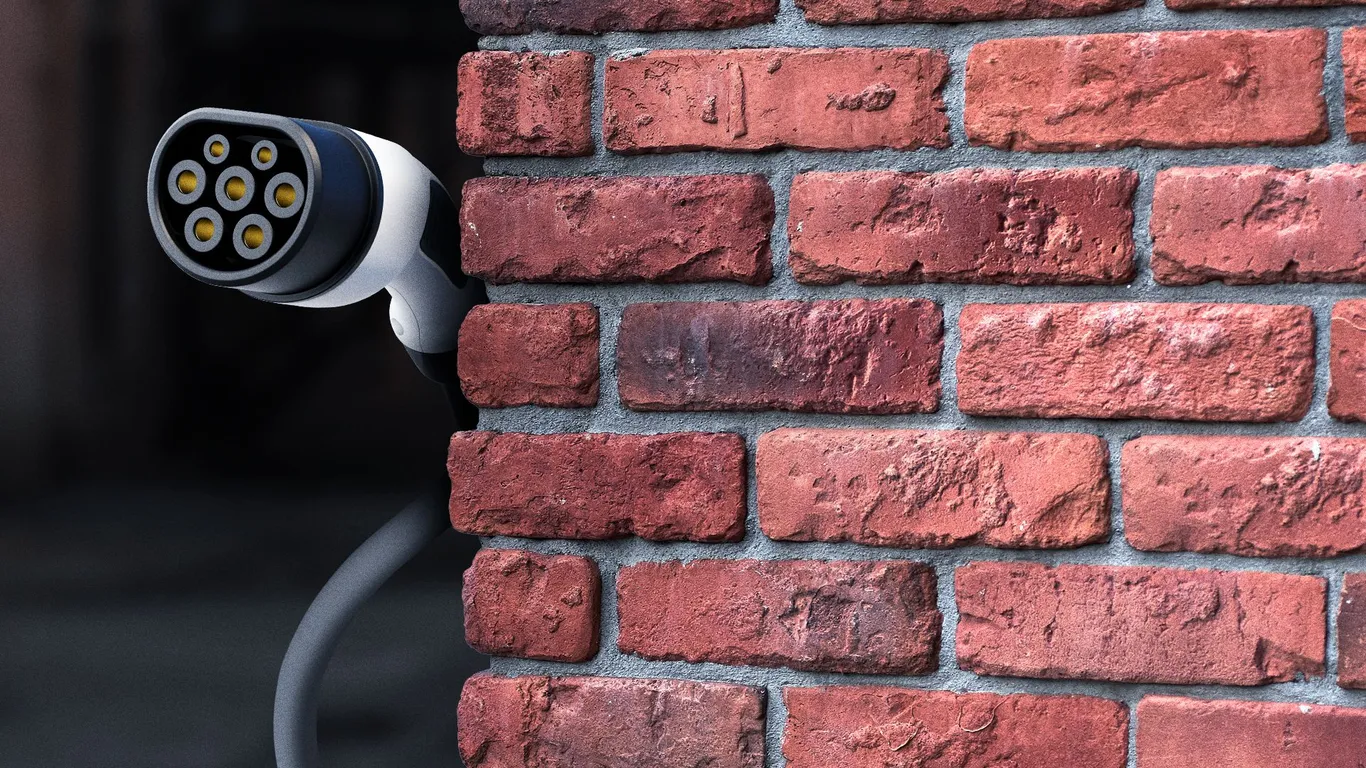No matter how President-elect Trump reshapes the Biden administration’s broader climate policies, automakers are already scrambling to prepare for stringent state-level electric vehicle (EV) mandates that are quickly approaching.
In California and 11 other predominantly Democratic states that follow its lead, 35% of all new cars sold must be electric beginning with the 2026 model year. Some of these models are set to hit showrooms as soon as next spring.
Why it matters:
Automakers are far from meeting these ambitious targets. In many states, car manufacturers would need to double or even triple their EV sales within a single year — a feat they consider unachievable, citing the high average price of EVs at $57,000 and insufficient charging infrastructure.
This challenge is poised to set up a fierce clash between Trump and California’s Democratic Governor Gavin Newsom, who has presidential aspirations of his own.
The implications are vast, impacting automakers, car dealerships, and consumers alike.
Forcing EVs into markets where demand is low is “unnatural” and will “distort” the industry, warns Jack Hollis, president of Toyota Motor North America.
“It’s going to limit a customer’s choice of the vehicles they want,” Hollis stated during a press briefing on Friday.
Automakers worry they’ll face an impossible choice: absorbing deeper financial losses on EVs or sacrificing profits from gasoline vehicles — both of which are undesirable.
State of play:
California’s ability to set its own emissions standards dates back to the 1967 Clean Air Act, which granted the state a waiver to establish greenhouse gas rules stricter than those of the federal Environmental Protection Agency (EPA).
Other states can choose to adopt California’s rules or stick to federal guidelines.
In 2022, California’s Air Resources Board (CARB) approved its most stringent regulations yet, mandating that zero-emission vehicles make up 35% of sales for 2026 models, climbing to 100% by 2035 — effectively phasing out gasoline-powered cars.
So far, 11 states and Washington, D.C., have adopted California’s latest policies, collectively accounting for nearly 40% of the U.S. vehicle market.

Where it stands:
While EV sales have been steadily increasing, they currently make up just 9% of the U.S. auto market.
In California, EVs represent about 26% of new vehicle sales, making the 35% target for 2026 relatively attainable.
However, most of California’s allied states lag behind. Data from the Alliance for Automotive Innovation shows:
- Washington, Colorado, and D.C. hover around a 19% EV market share.
- Massachusetts, Vermont, and Maryland are closer to 11%.
- New York is trailing significantly, with less than 10% EVs.
Alarm bells are sounding throughout the industry as automakers assess their risk of non-compliance with these mandates.
Carmakers are left with three unappealing strategies:
1. Flood the 11 CARB-aligned states with discounted EVs to attract buyers, which would amplify their billion-dollar EV losses.
2. Scale back sales of gasoline-powered trucks and SUVs in those states to boost the EV sales ratio, which would reduce much-needed profits essential for funding EV initiatives.
3. Purchase compliance credits from Tesla, which exclusively produces EVs. But as the regulations tighten, the demand and cost for these credits are expected to soar.
In 2019, Trump rescinded California’s authority to set its own emissions rules, sparking a tumultuous legal fight that ended when Biden reinstated the waiver.
This time, California has fortified its clean air strategies to withstand potential rollbacks by Trump, including forging voluntary agreements with the auto industry, as reported by Politico.
States that adopted California’s tailpipe standards without implementing complementary policies to support EV adoption may reconsider and revert to federal guidelines.
While the EPA’s new rules under Biden also push for aggressive EV sales growth in the near future, automakers expect Trump to relax those federal requirements if given the opportunity.
The bottom line, as John Bozzella of the Alliance for Automotive Innovation told Axios: “You can’t get ahead of the customer; the customer is in charge.”

